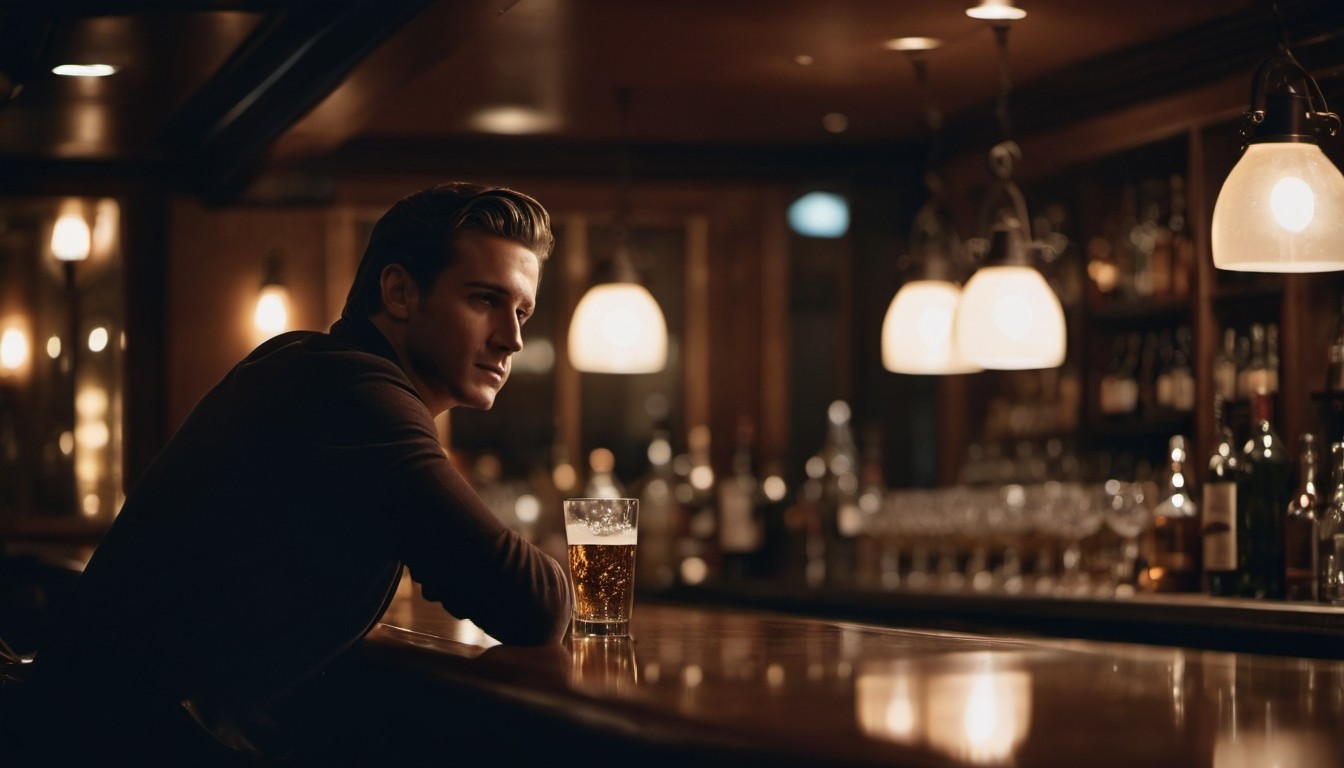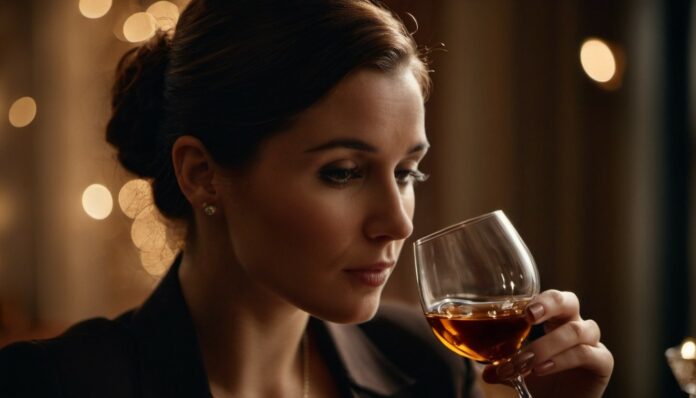With the chill of winter comes the popular belief that a glass of whiskey or a shot of brandy can warm you up. This myth has been perpetuated for generations, especially during cold weather. But does alcohol really warm you up, or is this just a comforting illusion? Let’s delve into the science behind this common belief.
The Myth: Alcohol as an Internal Heater
The idea is that drinking alcohol can make you feel warmer. This belief likely stems from the immediate sensation of warmth that follows a drink, often described as a burning or warming feeling in the throat and stomach. Many people turn to alcohol in cold conditions, thinking it will help them stave off the chill.
The Truth: A Misleading Sensation
While alcohol can make you feel warmer temporarily, it actually lowers your core body temperature. The initial warming sensation is misleading and can lead to dangerous misconceptions about staying warm in cold weather.
How Alcohol Affects Your Body Temperature
When you drink alcohol, it causes your blood vessels to dilate, a process known as vasodilation. This dilation increases blood flow to the skin’s surface, which is why you might feel warm and even flushed after a drink. However, this is where the myth unravels.
Vasodilation and Heat Loss
The increased blood flow to your skin is responsible for the sensation of warmth. But this same process causes your body to lose heat more rapidly. The heat that reaches your skin is then lost to the surrounding environment, which can lead to a drop in your core body temperature. Essentially, alcohol diverts blood away from your core and vital organs, where it is most needed to maintain a stable internal temperature.
The Danger of Hypothermia
Because alcohol makes you feel warmer while actually causing you to lose heat, it can increase the risk of hypothermia in cold conditions. People may not recognize the warning signs of hypothermia as quickly because the feeling of warmth can mask the symptoms. This makes alcohol particularly dangerous for those exposed to cold environments for extended periods.
The Psychological Aspect
 The warming sensation from alcohol is partly psychological. The immediate comfort it provides can make you feel more relaxed and less aware of the cold. This psychological effect can reinforce the myth, even though the physical effects of alcohol are counterproductive to staying warm.
The warming sensation from alcohol is partly psychological. The immediate comfort it provides can make you feel more relaxed and less aware of the cold. This psychological effect can reinforce the myth, even though the physical effects of alcohol are counterproductive to staying warm.
Scientific Studies and Evidence
Numerous studies have debunked the myth that alcohol warms you up. Research consistently shows that while alcohol can create a temporary sensation of warmth, it leads to increased heat loss and lowers core body temperature. Medical professionals advise against using alcohol to stay warm in cold weather due to these effects.
Practical Tips for Staying Warm
To genuinely stay warm and safe in cold weather, consider these practical tips:
- Layer Up: Wear multiple layers of clothing to trap heat and maintain a stable body temperature.
- Stay Dry: Wet clothing can drastically lower your body temperature, so keep dry to stay warm.
- Consume Warm Beverages: Drink non-alcoholic warm beverages like tea, coffee, or hot chocolate to increase your internal temperature.
- Eat Nutritious Foods: Eating regular meals can help maintain your energy levels and body heat.
- Stay Active: Physical activity generates body heat, so keep moving to stay warm.
The myth that alcohol warms you up is a comforting but dangerous misconception. While alcohol can create a brief sensation of warmth, it actually lowers your core body temperature and increases heat loss.
Understanding the true effects of alcohol on your body can help you make safer choices in cold weather. So, when it comes to staying warm, it’s best to rely on proper clothing, warm beverages, and other safe methods rather than reaching for an alcoholic drink.
